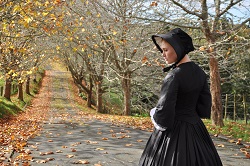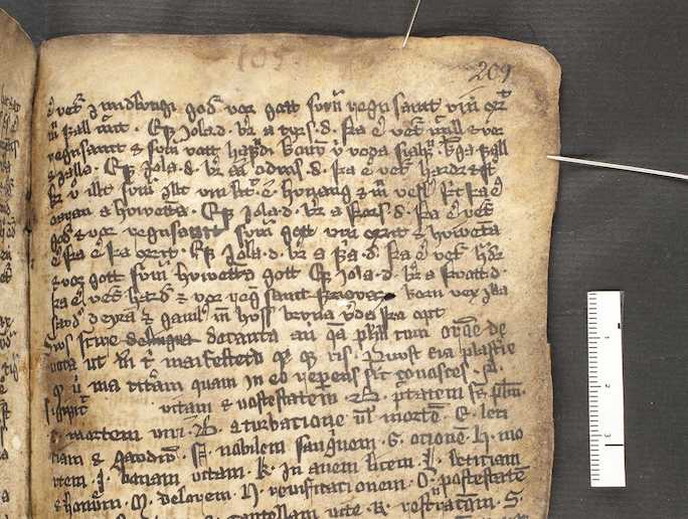Rethinking role of women in medieval education
Until recently, the education and training of medieval religious women has been relatively ignored by academic researchers. “It was assumed that women could not make any significant contribution to theology, philosophy or the literary culture of the premodern period,” explains ActiLit(opens in new window) project coordinator Eva Schlotheuber from Heinrich Heine University Düsseldorf(opens in new window) in Germany. “Since the Church excluded women from public teaching of theology or matters of discussing faith, neither Latin schools nor universities were open to them in the Middle Ages.”
Knowledge within female religious communities
The reality however is that religious women were often highly educated. While they could not pass on their knowledge in the public sphere, as they were forbidden to do so, they were able to share knowledge within their own communities. Achieving a better understanding of the function and transmission of this knowledge to next generations were key aims of the ActiLit project, which was supported by the Marie Skłodowska-Curie Actions(opens in new window) programme. This work was not always straightforward, however. “Manuscripts written by women are not separately identified in archives and libraries,“ says Schlotheuber. “So searching for them was by no means easy. We had to go through individual collections of letters and account books, as well as the archives and manuscripts of women’s monasteries and family estates to find them.” This painstaking research brought to light a lot of new material. Discoveries of administrative writings by women for example have helped to provide a fuller picture of female opportunities for participation in public and cultural life at the time. Indeed, through careful analysis, and by putting these findings in their proper historical and cultural context, the ActiLit project has shown that female literacy in the Middle Ages was much more pronounced and comprehensive than previously assumed.
Underappreciation of women in education
The project also confirmed that the transmission of female handwritten texts was indeed lower than for the written testimonies of men, who had access to academic institutions and universities. “This is one reason why the role of women in education has been underappreciated,” notes Schlotheuber. “The reality is that for many centuries, women in Europe have played a strong and important role in education.” Such findings provide a useful corrective to the impression that freedom and opportunities for women have improved on a linear line since the Middle Ages. In fact, these freedoms have fluctuated greatly throughout history, depending on the political power structures in place. “Every society needs to actively work towards preserving women’s opportunities,” adds Schlotheuber. “It is simply not the case that things will always get better.”
Making historical educational spaces visible
ActiLit has helped to illuminate what life was like for medieval religious women, and more broadly underlined the importance of taking into account historical and cultural contexts. In particular, the project successfully took account of the gender-specific educational spaces that developed in the medieval period. While women naturally played no role in male-dominated universities, female educational spaces still existed, as the project was able to show. “This is why we didn’t just focus on institutions such as religious orders and universities as places of scholastic education,” says Schlotheuber. “By looking at the functioning and educational dynamics of women’s religious communities and households, we were able to identify educational spaces that have until now remained invisible.”







